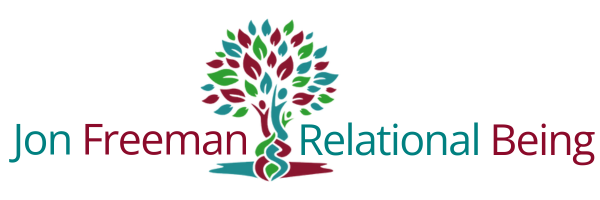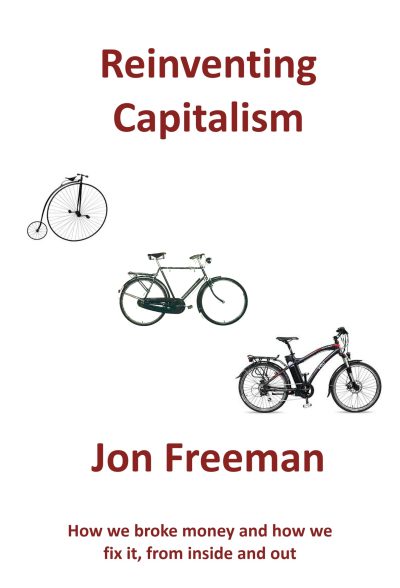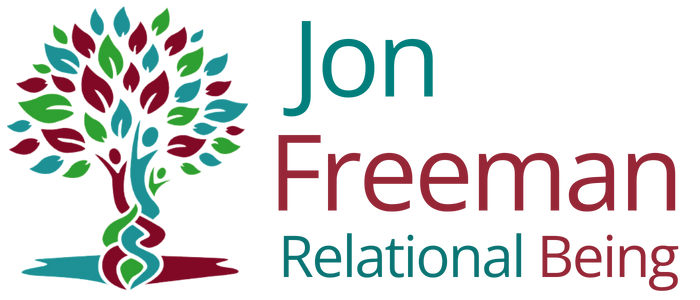





It is well-known that many shamanistic cultures experience direct connections with the spirits of plants and animals. Assuming that you don’t regard that as illusion or projection, you might ask - what is that for us and for today’s world?
There are “modern shamans” – people who work with that realm of connection. In fact there are many – horse whisperers, plant spirit medicine practitioners for example. There are well-known examples of people who garden in collaboration with nature, and books such as Dorothy Maclean’s “To hear the Angels Sing”, which describes how enormous vegetables were produced in the seemingly barren soils of Findhorn. Machaelle Small Wright has given in-depth accounts of how she created the Perelandra garden.
There are also stories of animals – particularly horses - being used in healing. There is a great story of one such in my Substack “A tale of a psychic horse”. I also talk about nature spirits in the “What’s Nature to you” chapter of “What makes you YOU” and the chapter on shamanism in “The Science of Possibility”.
It is an inevitable outcome of the “information field” as a central theoretical theme in both books, that our ability to connect with what animates other parts of the living world will reveal itself in many ways.”
Read this substack article: The Tale of the Psycic Horse